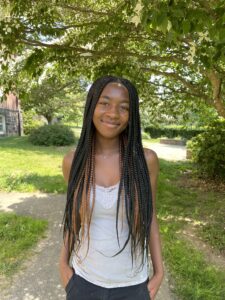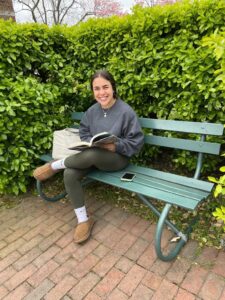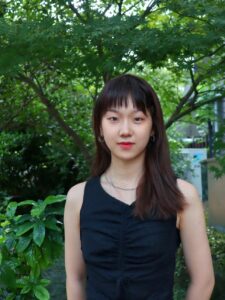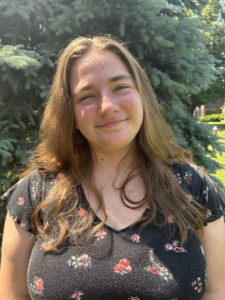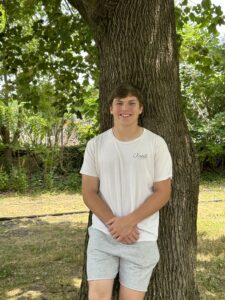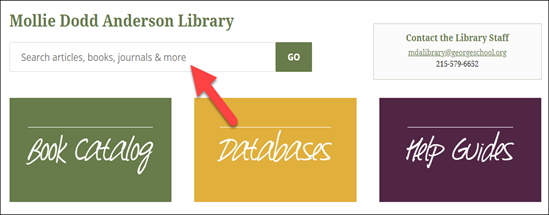A George school education is designed to open doors and keep them open as long as possible. Our academic program lets you chart your own path—one that is as challenging as it is customized to you. Graduation requirements are available here.
Chart Your Own Course
Course Selection
To find a course, please use the filter below.
IB Dance
Students work both individually and in collaboration to experience the creative process as a way of learning to transform ideas into action through intellectual curiosity and creative thinking. The IB Dance curriculum is designed to help students come to appreciate the value and importance of researching, creating, preparing and presenting, and critically reflecting as modes of learning and communicating. In the process, students gain a richer understanding of themselves, their personal cultural perspectives, and cultural ideas and practices in the global community. The assessments that together comprise the IB exam score are the Composition and Analysis (dance works composed by the student [two for SL or three for HL], along with a written statement to accompany one of the dances), the Dance Investigation (a written report of 1500 words for SL or 2500 words for HL), and the Performance (a combination of solo/duet and group performances).
IB Dance embraces a variety of dance traditions and dance cultures, both current and past, while also encouraging students to look towards the future through the lens of dance. Performance, creative, and analytical skills are developed through the creation and performance of dance and through research and writing assignments. Students come to understand dance as a set of practices with their own histories and theories, and to understand that these practices integrate physical, intellectual, and emotional knowledge, while simultaneously experiencing dance as an individual and collective exploration of the expressive possibilities of bodily movement. The course aims to help students understand and appreciate mastery in various dance styles and to use dance to create a dialogue among cultures.
The SL dance curriculum requires that a student take the two required mods of Advanced Dance Studies & Performance (ARP110F) along with an IB-specific mod in both 11th and 12th grades. In addition, all IB Arts students attend the IB Arts Block, which meets for 45 minutes weekly throughout the academic year.
Min-Max Credit Hours: 6.0-10.0
Prerequisite: Dance at George School (3 credits, B) or dance experience and permission of department
Open to: 11, 12
IB Film
In this two-year course of study, students work both individually and in collaboration to experience the creative process as a way of learning to transform ideas into action through intellectual curiosity and creative thinking. The IB Film curriculum is designed to help students appreciate the value and importance of researching, creating, preparing and presenting, and critically reflecting as modes of learning and communicating. In the process, students gain a richer understanding of themselves, their personal cultural perspectives, and cultural ideas and practices in the global community. The assessments that together comprise the IB exam score are the Portfolio, the Comparative Study, the Textual Analysis, and the Collaborative Project.
For SL Film, students take 5 mods over two years, while HL Film students take 6 mods over two years. In addition, all IB arts students attend the IB Arts Block, which meets for 45 minutes weekly throughout the academic year. In 11th grade, both SL and HL Film students take the first two mods (Production Roles and Signal to Noise) of Advanced Film (ARP210D) and the Textual Analysis mod described below. It is recommended that the third mod (The Filmmaker's Voice) of Advanced Film also be taken in 11th grade, but if it is impossible to fit into the 11th grade schedule, this mod can be postponed until 12th grade. In 12th grade, both SL and HL students repeat the Production Roles mod and HL students take the Collaborative Project mod described below. (IB students are welcome to take all three mods of Advanced Film in both 11th and 12th grades in addition to the IB-specific mod each year if their schedules allow.)
In the 11th grade IB mod, students complete the IB Textual Analysis essay, a 1750-word paper in which students explore how meaning is conveyed through the use of film elements in the chosen film text. Students develop film vocabulary and a broad knowledge of cultural contexts to use in their analysis. Students are supported in their research skills, analytical argumentation, and writing during this process.
In the 12th grade IB mod, students complete the culminating Collaborative Project, in which each student is assigned a singular production role and works as part of a team to develop and produce one 7-minute film. Students will also be supported in writing the 2000-word report that is an essential part of this assignment, reflecting on the group’s creative intentions, production process, and collaboration, as well as on the individual student’s contribution in a designated production role.
Min-Max Credit Hours: 5.0-6.0
Prerequisite: Film 2: Genres & Styles (2 credits) or permission of instructor and additional preparatory work.
Open to: 11, 12
IB Music
In this course, students work both individually and in collaboration to experience the creative process as a way of learning to transform ideas into action through intellectual curiosity and creative thinking. The IB Music curriculum is designed to help students come to appreciate the value and importance of researching, creating, preparing and presenting, and critically reflecting as modes of learning and communicating. In the process, students gain a richer understanding of themselves, their personal cultural perspectives, and cultural ideas and practices in the global community. The assessments that together comprise the IB exam score are Exploring Music in Context (a portfolio combining written work, compositions, and musical performances), Experimenting with Music (a 1500-word report supplemented by related excerpts from the student's compositions and performances), Presenting Music (a collection of program notes, composition or improvisation, and performance), and, for HL students, The Contemporary Music-Maker (a multimedia presentation documenting a real-life project).
The SL and HL music curricula require 6 mods. In addition, all IB Arts students attend the IB Arts Block, which meets for 45 minutes weekly throughout the academic year. Over the course of 11th and 12th grades, IB Music students take at least 4 mods of one of the music ensemble courses (ARP310A, ARP320A, ARP320D). At least two of these mods must be in 11th grade and at least one must be in 12th grade. (Ideally, a student would take all three mods of one of the ensemble courses in 11th grade.) In addition to the 4 mods of Vocal, String, or Wind Ensemble, students take a mod specific to 11th grade IB Music students and a mod specific to 12th grade IB Music students.
Min-Max Credit Hours: 6.0-6.0
Prerequisite: 3 credits of Vocal Ensemble, String Ensemble, or Wind Ensemble or similar experience and permission of department
Open to: 11, 12
IB Theater: Focus on Acting & Directing
In this two-year course of study, students work both individually and in collaboration to experience the creative process as a way of learning to transform ideas into action through intellectual curiosity and creative thinking. The curriculum is designed to engage students in the value and importance of researching, creating, preparing and presenting, and critically reflecting as means of learning and communicating. As participants in the IB Theater curriculum, students gain a richer understanding of themselves, their personal cultural perspectives, and cultural ideas and practices in the global community.
Both the SL and HL Theater curricula require 6 mods over two years. In addition, all IB Arts students attend the IB Arts Block, which meets for 45 minutes weekly throughout the academic year. In 11th grade, students take all three mods of Theater Arts: Advanced Acting & Directing (ARP410D), as well as a mod specific to 11th grade IB Theater students. (If necessary, the Scene Study mod of ARP410D may be postponed until 12th grade.) In 12th grade, students take Scene Study for the Director (ARP410D)--unless they prefer to take the Scene Study mod of ARP410D at an advanced level--and a mod specific to 12th grade IB Theater students.
Students who have not taken an acting course at George School should consult with the instructor about additional preparatory work.
Min-Max Credit Hours: 6.0-6.0
Prerequisite: none, though 3 credits of an acting course are recommended
Open to: 11
IB Theater: Design & Production
In this two-year course of study, students work both individually and in collaboration to experience the creative process as a way of learning to transform ideas into action through intellectual curiosity and creative thinking. The curriculum is designed to engage students in the value and importance of researching, creating, preparing and presenting, and critically reflecting as means of learning and communicating. As participants in the IB Theater curriculum, students gain a richer understanding of themselves, their personal cultural perspectives, and cultural ideas and practices in the global community.
Both the SL and HL Theater curricula require 6 mods over two years. In addition, all IB Arts students attend the IB Arts Block, which meets for 45 minutes weekly throughout the academic year. In 11th grade, students take both a production mod and a design mod of either Theater Design & Production (ARP420E) or Advanced Theater Design & Production (ARP420K), as well as a mod specific to 11th grade IB Theater students. The remainder of the IB curriculum is comprised of an additional production mod in either 11th or 12th grade, an additional design mod in 12th grade, and a mod specific to 12th grade IB Theater students.
Min-Max Credit Hours: 6.0-6.0
Prerequisite: Theater Design and Production (3 credits) or departmental approval
Open to: 11, 12
IB Visual Arts
IB Visual Arts is a two-year course of study during which students work in multiple media while selecting one of the following as their primary visual art: Ceramics, Graphic Design, Painting and Drawing, Photography, or Sculpture. Students develop analytical skills in problem-solving and divergent thinking while working towards technical proficiency and confidence as artists, and while learning to challenge their own creative and cultural expectations and boundaries. In addition to exploring and comparing visual arts from different perspectives and in different contexts, students are expected to engage in, experiment with, and critically reflect upon a wide range of contemporary practices and media.
The instructor of the student’s primary art supervises the student’s IB work, the major components of which are the Comparative Study, the Process Portfolio, and the Exhibition. In the Comparative Study, students discover, explore, and compare artwork to enrich their knowledge of art. In the Process Portfolio, students explore and research an artistic theme of their choice while documenting their creative processes. The Exhibition component, completed by March of senior year, is a display of the student’s work.
The HL sequence requires 6 mods over two years, while the SL sequence requires 5 mods over two years. In either sequence, students take two IB-specific mods (one in 11th grade and one in 12th grade) in which they work at the intersection of their primary art and other visual arts disciplines. All IB Visual Arts students, HL or SL, also take at least two mods of their primary art in 11th grade and at least one mod of their primary art in 12th grade. For 12th grade HL students, the second discipline-specific mod can be in their primary art or in any of the IB visual arts disciplines: Ceramics, Graphic Design, Painting and Drawing, Photography, or Sculpture. Creative Transformation (ARV170C), while not an IB visual art, may also count as the second discipline-specific mod.
In addition, all IB visual arts students attend the IB Arts Block, which meets for 45 minutes weekly throughout the academic year, and attend five IB field trips scheduled on Sundays throughout the year.
Min-Max Credit Hours: 5.0-5.0
Prerequisite: 2 credits in the same visual art taken at George School or permission of department
Open to: 11, 12
IB HL Biology
This two-year sequence prepares students for the IB Higher Level (HL) Biology exam. Lecture-format classes are combined with frequent experiments to investigate all major topics in the IB HL Biology curriculum. Information is covered in detail and at a fast pace. Nightly homework typically includes readings in the textbook, writing a lab report, studying for quizzes & tests, or completing analysis of scientific studies with data-based questions. The course includes an IB-style group research project. Students also design and conduct a fully independent biology research project which is required as part of the IB’s internal assessment. Students are required to complete a summer assignment in preparation for this class. This 5-mod course should be split over junior and senior years. Beginning in 2025-2026, students must take 2 mods of the course in their junior year and 3 mods in their senior year.
Taking the external IB HL Biology exam is a requirement of this course.
Min-Max Credit Hours: 5.0-5.0
Prerequisite: 3 credits of Chemistry (A) or Intensive Chemistry (B+), 3 credits of Intensive Biology (B+) and Biotechnology
Satisfactory performance on a placement test is required for those students whose prerequisite biology class was taken somewhere other than George School.
Open to: 11
IB SL Chinese ab initio
In this course, students learn topics from the five themes of Chinese ab initio: identities, experiences, human ingenuity, social organization, and sharing the planet. Students read and write authentic texts from a variety of formats including email, letter, diary, social media, blog, speech, postcard, advertisement, booklet, article, and interview. Students express information through both writing and speaking by using a range of basic vocabulary and sentence structures and engage in conversations about topics related to the five themes by using appropriate communication strategies.
This course is for 12th grade students who have completed Intermediate Chinese in 11th grade. Students are required to take IB Chinese Ab Initio SL exam in May.
Min-Max Credit Hours: 3.0-3.0
Prerequisite: Chinese 3 (B-)
Open to: 12
IB SL Chinese B
In this course, students learn topics from the five themes of IB Chinese B: identities, experiences, human ingenuity, social organization, and sharing the planet. Students continue to explore the Chinese contemporary culture through a range of written and spoken authentic personal, professional, and mass media texts. Students write texts for a variety of purposes, make oral presentations, narrate stories, provide culture comparisons, and express their thoughts and opinions to develop their advanced level of proficiency.
Students are required to take IB Chinese B SL exam in May.
Min-Max Credit Hours: 3.0-3.0
Prerequisite: Chinese 4 (B) or Advanced Chinese 5 (B-)
Open to: 11, 12
IB HL English A: Literature
The first year of this course emphasizes a student’s ability to respond independently to works they have not seen before. Students work toward written and oral commentaries which pay particular attention to the writer’s craft. This course furthers students’ understanding that while literature is considered a product of the time and culture within which it was written, we strive also to look for universal understandings or transcendent beliefs that unify human existence or human culture. Students learn that writers are often in communication with writing and writers of previous times, creating a discourse across time. The course examines the various roles that literature then plays in society and the nature of the knowledge acquired through literature. Through reflection and inquiry, students examine how their own experiences influence the way that they understand and respond to what they read. Students are expected to participate in class discussions every day, weighing various points of view, synthesizing ideas in relation to each other, and ultimately forming an opinion of their own. Written and oral assignments are both creative and critical in their implementation and process, demanding an ever-increasing appreciation of the choices writers make in their work. These assignments take students through the process of gaining feedback, editing, and revising. Each term is a self-defined unit covering an aspect of world literature, focusing on the skills of close reading, inquiry, writing, and speaking. Skills practiced include close reading and analysis, introductory work with secondary sources, discussion, oral presentation, and formal analytical writing. Assessments include reading checks/quizzes/journals, a formal IB HL essay, and practice with IB-guided literary analysis and IB comparative essays.
In the second year of this course, students are expected to formulate complex and nuanced interpretations of literature independently and to challenge the interpretations of others. Excellent reading comprehension and attention to detail are assumed, as is the ability to move quickly to abstractions. Skills practiced will include close reading and analysis, introductory work with secondary sources, discussion, oral presentation, and formal analytical writing and assessments will include reading checks/quizzes/journals, a formal IB individual oral, and practice with IB guided literary analysis and IB comparative essays. Among the authors recently studied are Achebe, Conrad, Greene, Kafka, Heaney, Ishiguro, Shakespeare, and Szymborska.
This two-year course fulfills the requirements of the IB English A: Literature HL curriculum and is made up of three IB-specific mods in 11th grade and three IB-specific mods in 12th grade.
Students enrolled in this course must sit for the IB English A: Literature HL exam in 12th grade.
Min-Max Credit Hours: 6.0-6.0
Prerequisite: Participation in the IB Diploma Program OR AP English Language & Composition OR departmental permission and a final grade of B+ in English 10 OR departmental permission and a final grade of A- in English 11
Open to: 11, 12
IB SL Philosophy
“Socrates did not teach philosophy, he taught to philosophize” (Daniel and Auriac, 2011: 416). Studying philosophy develops highly transferable skills such as the ability to formulate arguments clearly, to make reasoned judgments, and to evaluate highly complex and multifaceted issues. The emphasis of IB Philosophy is on actively engaging students in philosophical activity in their own lives. The course is focused on stimulating students’ intellectual curiosity and encouraging them to examine both their own perspectives and those of others. Students master close reading techniques and philosophical analysis and argumentation and write papers synthesizing these skills.
Students may opt to take the first mod, Being Human (ENG650A), in 11th grade and the remaining mods in 12th grade, or they may take all three mods in the same year.
In the second mod, Philosophy in Depth, students choose to focus on one of the following dimensions of philosophy: aesthetics; epistemology; ethics; philosophy and contemporary society; philosophy of religion; philosophy of science; or political philosophy. The central text of the third mod is Peter Singer's The Life You Can Save which considers the moral responsibility of citizens of affluent nations vis-a-vis poverty in developing nations.
In each mod, students complete mocks of the respective SL exam questions as well as the Internal Assessment (IA) task, which is a philosophical analysis of a fictional or creative text. The course employs equitable standards-based grading with the standards and rubrics coming directly from the IB assessment criteria. Assessment weights match the IB Philosophy syllabus, and final grades will be determined by IA marks and summative performance on mock exams.
Students enrolled in this course must sit for the IB exam.
Min-Max Credit Hours: 3.0-3.0
Prerequisite: a 10th grade English course
Open to: 11, 12
IB SL French ab-initio
This course focuses on further enhancing the students' communicative skills in all four language areas--listening, speaking, reading, and writing--as well as further developing cultural awareness. A variety of media, including films, web-based resources, songs, articles, and short literary works will be used to build vocabulary, enhance listening skills, stimulate discussion, improve grammar, achieve greater linguistic proficiency, and make connections with a variety of Francophone cultures. Students will explore each of the five IB core themes: Social Organization, Identities, Experiences, Human Ingenuity, and Sharing the Planet.
This course is for 12th grade students who have completed Novice French in 11th grade. Students taking this course must take the IB SL French ab-initio exam in May.
Min-Max Credit Hours: 3.0-3.0
Prerequisites: Novice French (B) or permission of department head
Open to: 12
IB SL French B
IB SL French B is designed for students whose interest is primarily in the contemporary French-speaking world. The class is conducted entirely in French and active oral participation is expected. Speaking and writing activities are related to the contemporary world and prepare the students for a variety of tasks (oral description of a visual stimulus, writing letters, blogs, diaries, emails, etc.). Cultural themes and contemporary issues are explored through varied sources and correspond to the IB Themes. Review and continued refinement of grammatical structures are aimed at helping students develop their self-expression. Assignments are both written and oral. Students are not required to sit for the IB Language B standard-level exam at the end of this course.
Students must have at least two mods of French (including the IB-specific mod) in the year they sit for the exam.
Min-Max Credit Hours: 3.0-4.0
Prerequisite: French: Intermediate II (B+), Intensive French 3 (B+), or approval of department head
Open to: 11, 12
IB HL French B
followed by at least 2 mods of Advanced French (FRE550A) or French Seminar (FRE650A) and the IB HL mod in 12th grade.
Students in this course must sit for the IB exam in May of 12th grade.
Min-Max Credit Hours: 5.0-8.0
Prerequisite: French: Intermediate II (B+) or Intensive French 3 (B+)
Open to: 11, 12
IB SL Global Politics
This course explores global politics through four core units: power and sovereignty, human rights, peace and conflict, and development and sustainability. It allows students to develop an understanding of political activity and processes, as well as explore political issues affecting their own lives. The course focuses on political theory, while helping students to understand abstract political concepts by grounding them in real-world examples of events and case studies from the past decade, such as the Palestinian bid for statehood, North Korea’s authoritarian state, the civil war in the Democratic Republic of the Congo, and Arab Spring. It also invites comparisons among such examples and case studies to ensure a wider and trans-national perspective. Students also explore politics through a unique “engagement activity,” which requires them to combine academic research with political action to explore a political topic of their own interest. In this way, students are encouraged to explore the relationship between people and power and how this manifests on local, national, and international levels.
This course consists of 3 mods: Power, Peace, and Well-being; Sovereignty, International Organizations, and Human Rights; and Case Studies in Global Politics. Descriptions of these mods can be found under the IB HL Global Politics (HIS437Z) description.
Students are required to take the IB SL Global Politics examination in May. Students interested in the topics but not interested in taking the IB exam may take either or both of the first two mods of this course by registering for 1 or 2 credits of Topics in Global Politics (HIS436H).
A summer assignment is required for this course and students must sit for the IB exam.
Min-Max Credit Hours: 3.0-3.0
Prerequisite: a US History course (may be taken concurrently)
Open to: 11, 12
IB HL Global Politics
For students who initially enroll in IB HL Global Politics, this is a 5-credit course. In junior year, students take two mods: Power, Peace, and Well-Being; and Sovereignty, International Organizations, and Human Rights. In senior year, students take Political Engagement Activity; Oral Presentations on Case Studies; and Case Studies in Global Politics. Students who take the SL Global Politics sequence and want to change their registration after junior year to HL Global Politics must repeat Case Studies in Global Politics in senior year as a sixth total mod of Global Politics to refresh main ideas, review case studies, and prepare for the examination. (Parts of this course are also open to students taking Topics in Global Politics and IB SL Global Politics.)
Power, Peace, and Well-Being
Students use realism, liberalism, and critical theory to examine different types of power, resources needed to acquire power, and examples of how individuals, organizations, and states effect change. Students also learn the difference between positive and negative peace, as well as the concept of structural violence, and use an understanding of these frameworks to identify a spectrum of conflicts in society that hinder well-being. Finally, students begin exploring development initiatives used to address conflict, improve living conditions, and strive towards peace. (This mod is also open to students taking Topics in Global Politics and IB SL Global Politics.)
Sovereignty, International Organizations, and Human Rights
Students in this mod examine the notion of statehood and compare the power of states in the global system to the influence of multinational corporations, NGOs, and non-state actors. Students also develop an understanding of the history of human rights, as well as our mechanisms to monitor and enforce human rights, and the obstacles in doing so. (This mod is also open to students taking Topics in Global Politics and IB SL Global Politics.)
Political Engagement Activity
This mod asks students to build on summer work they have completed related to their political engagement inquiry. Students spend this mod completing their research on their self-designed question and writing an 8-page activity report that is due at the completion of this mod for internal assessment.
Oral Presentations on Case Studies
This mod gives students the opportunity to explore and investigate global political challenges through case studies. Students select a case study of interest to them personally and research and analyze it through two chosen lenses, and then prepare a ten-minute oral presentation to be delivered and recorded for submission.
Case Studies in Global Politics
This mod is open only to IB diploma and certificate students. It focuses on preparing students for the IB exam, with attention to three in-depth case studies and regular exam practice, including both document analysis and regular analytical writing to demonstrate the application of political theory to current events. Students also engage in one independent research project and presentation of a case study of their choice, culminating in a multimedia presentation.
Min-Max Credit Hours: 5.0-6.0
Prerequisite: a US History course (may be taken concurrently)
Open to: 11, 12
IB SL History
This course, which consists of all three mods of Topics in Modern History (HIS446H) prepares students for the standard-level IB History exam. A major historical investigation project involving intensive research and mature writing is an IB requirement undertaken in the Rights and Protest mod.
Students who enroll in this course must sit for the IB exam.
(This course will not be offered in 2024-25.)
Min-Max Credit Hours: 3.0-3.0
Prerequisite: a US History course (may be taken concurrently)
Open to: 11, 12
IB HL History
This course, in combination with a U. S. History course taken in eleventh grade, prepares students for the higher-level IB History exam with the History of the Americas regional option. Students study selected topics that embrace key events, personalities, and issues of the world in the twentieth-century, with an emphasis on key elements of Canadian and Cuban history. Topics typically included are the emergence of the Americas in global affairs, the First World War with a focus on the role of Canada and the United States, the Great Depression and the Americas, Hitler’s Germany, the move to global war, the Second World War and the Americas, the Chinese Civil War, Castro’s Cuba, and the Contra War. A major historical investigation project involving intensive research and mature writing is an IB requirement undertaken in the first two terms. The course proceeds at a fast pace and regular student participation is expected in the seminar-style classroom format. Substantial reading is regularly assigned from college-level texts.
A summer assignment is required for this course and students must sit for the IB exam.
Min-Max Credit Hours: 3.0-3.0
Prerequisite: a US History course (AP US History is preferred)
Open to: 11, 12
IB HL Economics
Economics is an exciting, dynamic subject that allows students to develop an understanding of the complexities and interdependence of economic activities in a rapidly changing world. This course uses economic theories to examine the ways in which these choices are made at the local, national. and global levels. While economics has its foundations in theory, the course also emphasizes the application of economic theory to real-world issues. Students develop the analytical tools necessary to acquire a deeper understanding of major global challenges dealing with issues of equity, sustainability, the concentration of economic power and increasing interdependence. Assessments include written IB style tests, research projects, newscasts, simulations, and commentaries on news articles. Beginning in 2025-2026, students must take 2 mods of the course in their junior year and 3 mods in their senior year.
The mods must be taken in order but can span multiple years. Students who enroll in this course must sit for the IB exam.
Min-Max Credit Hours: 5.0-5.0
Prerequisite: Introduction to Economics (HIS450A)
Open to: 11, 12
IB SL Psychology
This course focuses on understanding the scientific process and methodology behind psychological concepts. Students explore biological, cognitive and sociocultural approaches to psychology. Students conduct their own psychological research through the Internal Assessment, which includes development of a testable hypothesis, procedure, statistical analysis, and evaluation. The final unit applies the previous approaches to the study of abnormal behavior. This course is writing intensive and focuses on critically analyzing scientific studies in the field of psychology.
Min-Max Credit Hours: 3.0-3.0
Prerequisite: a US History course (may be taken concurrently)
Open to: 11, 12
IB SL Latin
The IB standard-level Latin readings change from year to year, but often include selections from Ovid's Metamorphoses, Vergil's Aeneid, and poems of Catullus and Horace. Students increase their Latin reading comprehension, translation ability, and literary analysis skills. Each student chooses a research topic and completes a research dossier using primary sources from the classical world. Assessments in this course are based on the questions found on the IB exam.
There is a summer assignment for this course.
Min-Max Credit Hours: 3.0-4.0
Prerequisite: Latin 3 (B)
Open to: 11, 12
IB HL Latin
Students begin their study of IB HL Latin by taking 3 mods of SL Latin in junior year followed by 3 mods of HL Latin senior year. The IB higher-level readings change from year to year, but often include selections from Ovid's Metamorphoses, Vergil's Aeneid, and poems of Catullus and Horace. The HL level curriculum also expects students to do outside reading on the ancient texts in English. Students increase their Latin reading comprehension, translation ability, and literary analysis skills. Each student chooses a research topic and completes a research dossier using primary sources from the classical world. Assessments in this course are based on the questions found on the IB exam.
Students are required to take the IB HL exam in May of 12th grade.
This course requires summer work.
Min-Max Credit Hours: 6.0-6.0
Prerequisite: Latin 3 (B)
Open to: 11, 12
IB SL Math: Applications
The IB SL Mathematics Applications course aims to help students understand the world through a mathematical lens. This two-year course of study focuses on mathematical applications, with particular emphasis on the meaning of mathematics in context. The focus is on topics that are often used in applied situations or mathematical modelling. Topics studied include number and algebra; functions; geometry and trigonometry; statistics and probability; and calculus. As their IB Internal Assessment, students complete a project—including a formal paper—usually with a statistical focus. A capacity for independent work is important to a student's success.
This course consists of six mods, the first of which is Applied Functions (MAT310D). The next two mods, Intro to Calculus (MAT400A) and Accelerated Statistics (MAT511A), may be taken in either order. At least one of these two must be taken in 11th grade. The final three mods are unique to this course, and the first of these may be taken in either 11th or 12th grade. The final two mods must be taken in 12th grade.
Students who have already taken Intensive Algebra 2 or Math 4 (MAT140A) do not need the Applied Functions mod. Students who have already taken AP Statistics do not need MAT511A.
Students who enroll in this course must sit for the IB exam.
Min-Max Credit Hours: 4.0-6.0
Prerequisite: Any of the following:
1. Math 4 (3 credits, C)
2. Functions and Trigonometry (2 credits, B)
3. Geometry (B) or Intensive Geometry with Trig (C), together with either Algebra 2 (2 credits, B) or Intensive Algebra 2 (1 credit, C)
Open to: 11, 12
IB HL Math: Applications
The IB Mathematics Applications and Interpretation course aims to help students understand the world through a mathematical lens, with particular emphasis on mathematical modeling and statistical analysis, both of which leverage the power of technology. This two-year course of study develops theory in order to tackle applications. As their IB Internal Assessment, students complete a project--including a formal paper--with a strong mathematical modeling focus. Topics studied include descriptive statistics, probability, inferential statistics, and Markov chains; calculus and differential equations; graphs and graph algorithms for trees, the traveling salesman problem and the Chinese postman problem; vectors, matrices, complex numbers, and linear algebra. This course assumes strong algebraic, function analysis, and graphing skills. Students with a desire to tackle practical, concrete problems in the areas of biology, ecology, economics, business, urban planning, and other applied domains will find the techniques developed in this class useful (and hopefully fulfilling!).
This course consists of six mods. The first HL-specific mod is taken in 11th grade, and Accelerated Statistics must be taken prior to the common AP/IB HL statistics mod. The final two mods of the sequence specific to this course are taken in 12th grade. Students who have already taken a calculus course do not need the calculus mod. Students who have already taken AP Statistics do not need the statistics mods.
Students who enroll in this course must sit for the IB exam.
Min-Max Credit Hours: 5.0-6.0
Prerequisite: 2 credits of either Precalculus (A-) or Advanced Analysis (B-)
[Prior to 22-23 these courses were called Intensive Precalculus and Advanced Precalculus with Discrete Math]
Open to: 11, 12
IB SL Math: Analysis
The topics covered in this two-year survey course are those of the IB SL Mathematics: Analysis and Approaches syllabus and include fundamentals of function analysis, trigonometry, differential and integral calculus, and statistics. Students are encouraged to appreciate the links between different concepts and branches of math. The course moves at a swift pace, with a focus on developing an in-depth understanding of concepts and using that understanding to solve abstract problems as well as those set within a specific context. There is a strong emphasis on the ability to construct, communicate and justify mathematical arguments. Students learn to discern situations in which technology can be a helpful tool in the solution of a problem. Students develop the skills needed to apply mathematics in other fields and continue their mathematical studies in other learning environments.
This course consists of six mods: the first two mods of Precalculus (MAT340A), the first mod of Calculus (MAT410A), Accelerated Statistics (MAT511A), and two mods specific to this course. The mods specific to this course must be the last mods taken. In these final two mods, in addition to covering additional content, students complete the IB Mathematics Exploration (which includes a paper of approximately 12-20 pages in length), and spend time on test preparation.
Students typically take both precalculus mods in 11th grade. (Students who had George School's Precalculus or Advanced Analysis in 10th grade do not need these mods.) The calculus mod can be taken any time after the precalculus mods and before the final two mods. (Students who take an AP Calculus course do not need the Calculus mod). The Accelerated Statistics mod can be taken at any time prior to the final two mods. (Students who take an AP Statistics course do not need the Accelerated Statistics mod.)
Students who enroll in this course must sit for the IB exam.
Min-Max Credit Hours: 4.0-6.0
Prerequisite: Any of the following:
1. [Advanced] Algebraic and Geometric Analysis
2. Algebra 2 (A) with Intensive Geometry with Trig (B) or Geometry (A)
3. Intensive Algebra 2 (B) with Intensive Geometry with Trig (B) or Geometry (A)
4, Math 4 (B)
5. Functions and Trigonometry (2 credits, A, or 3 credits, B+)
6. Applied Functions (B+)
Open to: 11, 12
IB HL Math: Analysis
This course covers topics from the IB HL Mathematics: Analysis and Approaches syllabus. Unlike a single-topic AP calculus or statistics exam, the IB HL Mathematics exam requires an advanced level of mastery of a wide range of mathematical topics and their interconnections. The HL Analysis curriculum is more abstract than the HL Applications curriculum, and less tied to modeling and technology. There is an emphasis on learning to understand, use, and appreciate the value of the precise technical language (definitions, theorems, etc.) of mathematics. Students are expected to work as mathematicians do in that they are asked frequently to try problems without having been explicitly taught how to find the solutions. Excellent algebraic, graphing, and organizational skills are assumed, as is a very good understanding of trigonometry.
This course begins with Proof & Advanced Topics in Mathematics (MAT700A) and ends with two mods comprising additional calculus and statistics topics, an IB exploration, and test preparation. Proof & Advanced Topics (MAT700A) may be taken in 11th grade. The final two mods must be taken in 12th grade.
Students who enroll in this course must sit for the IB exam.
Min-Max Credit Hours: 3.0-4.0
Prerequisite: AP Calculus - BC (A)
Open to: 11, 12
IB Core: Inquiry
This one-module course is taken by IB Diploma Candidates at the beginning of their junior year and introduces them to the requirements of the Diploma Program, specifically the core elements: the Extended Essay (EE), Creativity, Activity, Service (CAS), and Theory of Knowledge (TOK). This module provides foundational knowledge for the next two years and offers students the opportunity to begin applied practice of the IB core elements.
Min-Max Credit Hours: 1.0-1.0
Prerequisite: none
Open to: IB Diploma candidates in 11th grade
IB SL Physics
This course prepares students for the International Baccalaureate Standard Level (SL) exam, as well as algebra-based physics at the college level. Substantial time is spent in the laboratory. Topics include mechanics, thermal physics, waves, electricity and magnetism, circular motion and gravitation, atomic, nuclear and particle physics, and energy production. Students must have mastered multi-variable algebra, trigonometry, logarithms, and exponents. Students should be familiar with vectors and mathematical modeling of data. All students must also complete a 10-hour independent research project. All students enrolled in the course are required to take the IB exam. Students are required to complete a substantial summer assignment in preparation for this course.
If this course is split between 11th and 12th, at least 2 mods must be taken in 12th grade.
Taking the IB SL Physics exam is a requirement of this course.
Min-Max Credit Hours: 4.0-4.0
Prerequisite: 2 credits of Intensive Physics (B)
Open to: 11, 12
IB HL Physics
This course prepares students for the International Baccalaureate Higher Level (HL) exam, as well as algebra-based physics at the college level. Substantial time is spent in the laboratory. Topics include mechanics, thermal physics, waves, electricity and magnetism, circular motion and gravitation, atomic, nuclear and particle physics, and energy production. Students must have mastered multi-variable algebra, trigonometry, logarithms, and exponents. Students should be familiar with vectors and mathematical modeling of data. All students must also complete a 10-hour independent research project. Students are required to complete a substantial summer assignment in preparation for this course.
Taking the external IB HL Physics exam is a requirement of this course.
Min-Max Credit Hours: 6.0-6.0
Prerequisite:
Three credits of Intensive Physics (A-)
Open to: 11, 12
IB SL World Religions
In International Baccalaureate (IB) World Religions, students study a number of living world religions in an inquiring, open-minded, and empathetic way. The scope of the course is both broad and intensive, beginning with a survey of four world religions and then moving into an in-depth study of two; the selection and sequence of the survey and in-depth studies are at the discretion of the teacher but will be chosen from Hinduism, Buddhism, Daoism, Judaism, Christianity, and Islam. Other traditions such as Yoruba, Confucianism, and atheism may be included after the exam. In this course, world religions are studied in such a way that students will acquire a sense of what it is like to belong to a particular religion and how that influences the way in which the followers of that religion understand and act in the world. The experiential dimension to learning is of great importance and so field trips and visits from outside speakers are emphasized. Students conduct an independent investigative study of any topic related to religious belief and practice, including those outside the curriculum, and be prepared for the IB World Religions SL exam.
Min-Max Credit Hours: 3.0-3.0
Prerequisite: Final grades of B+ in at least two courses in English, history, language, math, or science in the year preceding that in which IB World Religions is to be taken or enrollment in the full IB Diploma Program.
Open to: 11, 12
IB Core: Inquiry
This one-module course is taken by IB Diploma Candidates at the beginning of their junior year and introduces them to the requirements of the Diploma Program, specifically the core elements: the Extended Essay (EE), Creativity, Activity, Service (CAS), and Theory of Knowledge (TOK). This module provides foundational knowledge for the next two years and offers students the opportunity to begin applied practice of the IB core elements.
Min-Max Credit Hours: 1.0-1.0
Prerequisite: None
Open to: 11
IB Theory of Knowledge
IB Theory of Knowledge is distinct from Theory of Knowledge in that students will enroll in four modules over their junior and senior years and will complete the TOK Exhibition and TOK Essay assessments which satisfy the IB Core Course requirement.
This course is required for all IB Diploma Candidates. Students who are interested in Theory of Knowledge but do who do not want to take the full IB Theory of Knowledge course should take either the one-mod Theory of Knowledge (REL450R) course or the two-mod Theory of Knowledge: Exhibition (REL620A) course.
Min-Max Credit Hours: 4.0-4.0
Prerequisite: Final grades of B+ in at least two courses in English, history, language, math, or science in the year preceding that in which IB ToK is to be taken or enrollment in the full IB Diploma Program.
Open to: 11, 12
IB SL Environmental Systems
This lab-driven, interdisciplinary course prepares students for the IB Environmental Systems & Societies exam. Students use systems thinking to explore ecosystems, energy and nutrient transformations, population dynamics, biodiversity, and the issues of climate change and pollution management. Students also investigate a range of environmental value systems with reference to specific environmentally-related decisions made locally and globally. Students should expect to work knee-deep in water or trudge through thick meadows, rain or shine, because fieldwork is central to understanding the environment. A summer assignment is required in preparation for the course, and this course can be taken over two years. All students are also required to participate in the IB Group 4 (IBG4) collaborative research project and complete an independent research project for the IB Internal Assessment.
Taking the external IB SL Environmental Systems and Societies exam is a requirement of this course.
Min-Max Credit Hours: 4.0-4.0
Prerequisite: one credit of Evo/Eco Biology (while only one credit of biology is required for this course, two credits of biology are required for graduation)
Open to: 11, 12
IB SL Spanish ab-initio
This course focuses on further enhancing the students' communicative skills in all four language areas--listening, speaking, reading, and writing--as well as further developing cultural awareness. A variety of media, including films, web-based resources, songs, articles, and short literary works will be used to build vocabulary, enhance listening skills, stimulate discussion, improve grammar, achieve greater linguistic proficiency, and make connections with a variety of Hispanic cultures. Students will explore each of the five IB core themes: Social Organization, Identities, Experiences, Human Ingenuity, and Sharing the Planet.
Students taking this course must take the IB SL Spanish ab-initio exam.
Min-Max Credit Hours: 3.0-3.0
Prerequisites: Novice Spanish (B+) or permission of department head
Open to: 12
IB SL Spanish B
IB SL Spanish focuses on strengthening students' communicative skills in all four language areas--listening, speaking, reading, and writing--as well as developing greater cultural awareness. A variety of media including films, documentaries, web-based resources, songs, articles, and literary selections are used to build vocabulary, enhance listening skills, stimulate discussion, improve grammar, achieve greater linguistic proficiency, and make connections with a variety of Hispanic cultures. This class is conducted entirely in Spanish and all students are expected to actively participate in class activities.
Mod 1: Social Organization and Experiences
Mod 2: Identities and Human Ingenuity
Mod 3: How We Share the Planet (Intermediate Speaking Proficiency Skills)
Students must have at least two mods of Spanish (including the IB-specific mod) in the year they sit for the exam. This course includes a required summer assignment.
Students in this course must sit for the IB exam.
Min-Max Credit Hours: 3.0-4.0
Prerequisite: Spanish: Intermediate II (B+), Intensive Spanish 3 (B+), or approval of department head
Open to: 11, 12
IB HL Spanish B
The IB HL Spanish course consists of at least 2 mods of IB SL Spanish (SPA457Y) along with the IB HL mod in 11th grade, followed by 3 mods of IB HL Spanish in 12th grade. Students may elect to include the AP Spanish mod in 11th grade if they would like to sit for the AP exam.
Students in this course must sit for the IB exam in May of 12th grade. This course has a summer assignment.
Min-Max Credit Hours: 3.0-7.0
Prerequisite: Spanish: Intermediate II (B+) or Intensive Spanish 3 (B+)
Open to: 11, 12

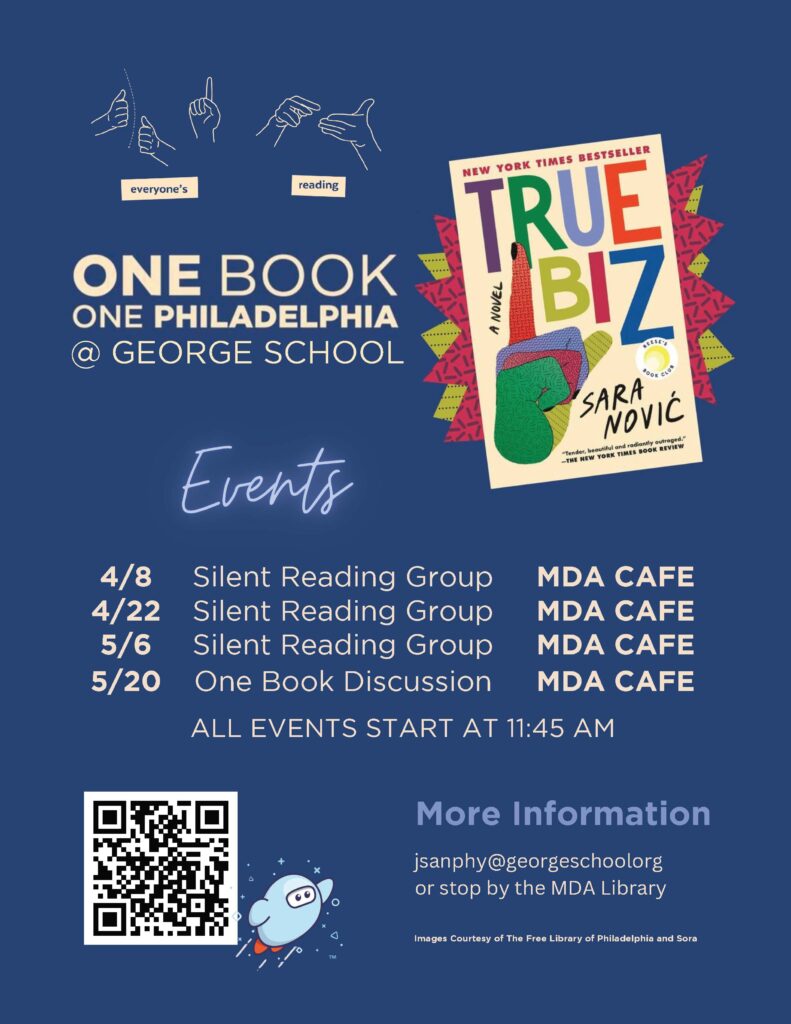
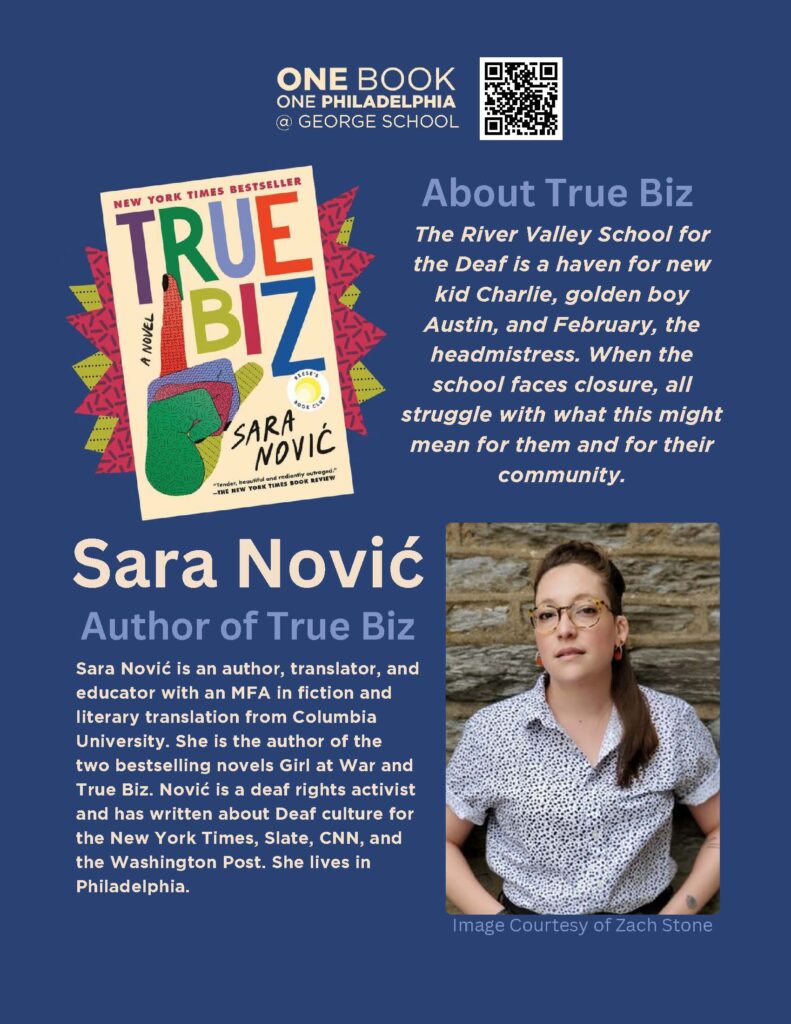



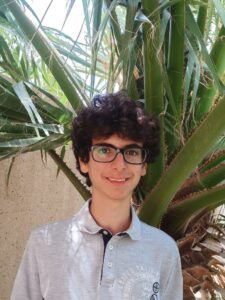 Monastir, Tunisia, and Amman, Jordan
Monastir, Tunisia, and Amman, Jordan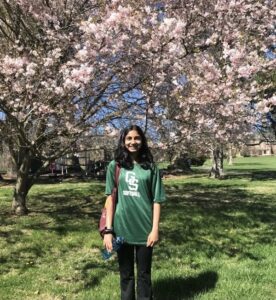 Irvine, CA
Irvine, CA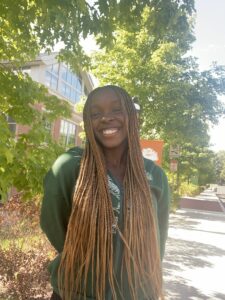 Feasterville-Trevose, PA
Feasterville-Trevose, PA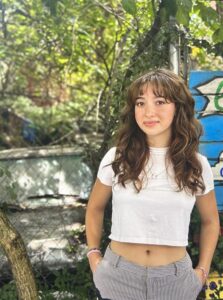 New Hope, PA (Previously NYC)
New Hope, PA (Previously NYC)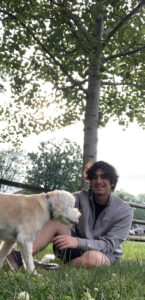 Richboro, PA
Richboro, PA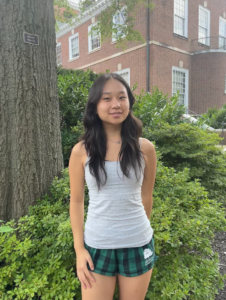 Englewood, NJ
Englewood, NJ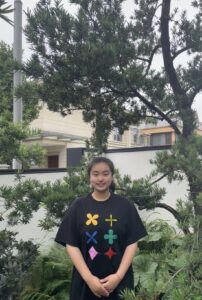 Ningbo, Zhejiang, China
Ningbo, Zhejiang, China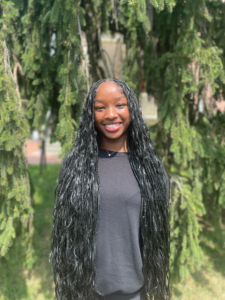 Willingboro, NJ
Willingboro, NJ Yardley, PA
Yardley, PA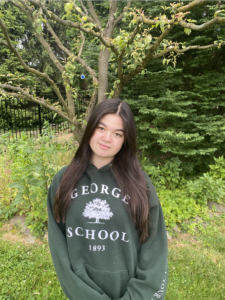 Newtown, PA
Newtown, PA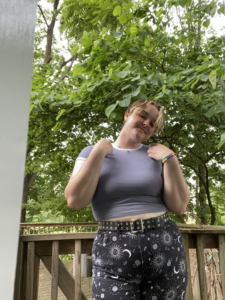 Holicong, PA
Holicong, PA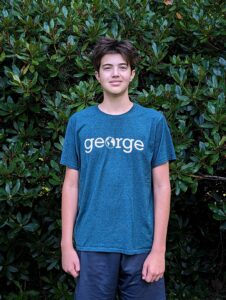 Newtown, PA
Newtown, PA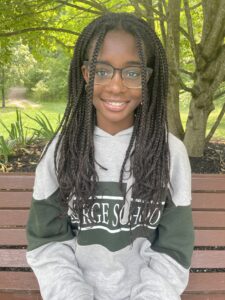 Hamilton, NJ
Hamilton, NJ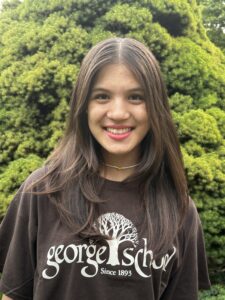 Yardley, PA
Yardley, PA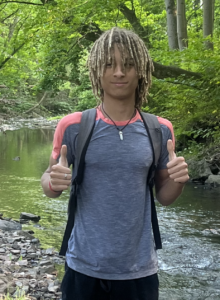 Lambertville, NJ
Lambertville, NJ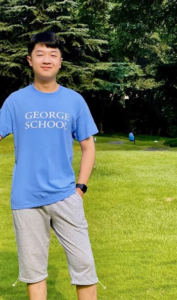 Chongqing, China
Chongqing, China Pennington, NJ
Pennington, NJ Yardley, PA
Yardley, PA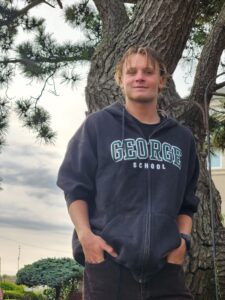 Bensalem, PA
Bensalem, PA Borgota, Colombia
Borgota, Colombia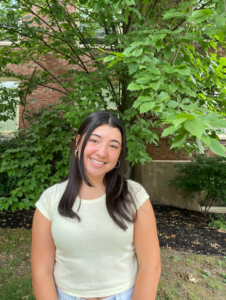 Newtown, PA
Newtown, PA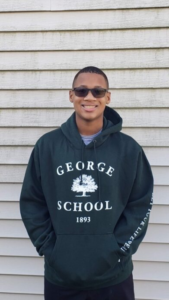 Burlington, NJ
Burlington, NJ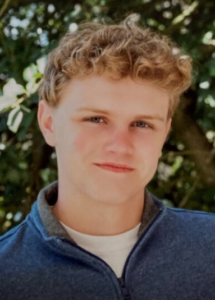 Langhorne, PA
Langhorne, PA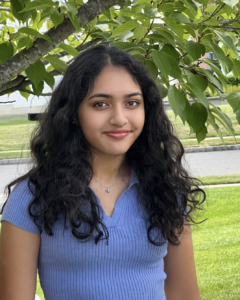 Princeton, NJ
Princeton, NJ Langhorne, PA
Langhorne, PA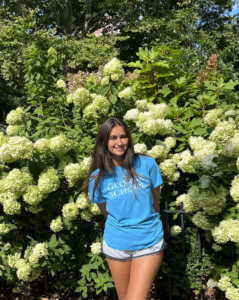 New York City, NY
New York City, NY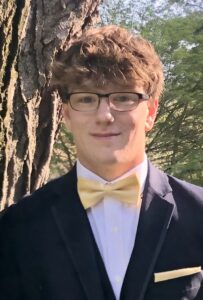 New Hope, PA
New Hope, PA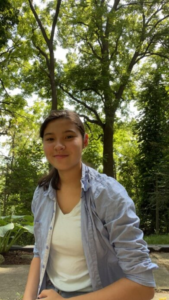 St. Catharines, Ontario, Canada
St. Catharines, Ontario, Canada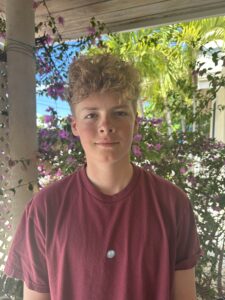 Providenciales, Turks and Caicos Islands
Providenciales, Turks and Caicos Islands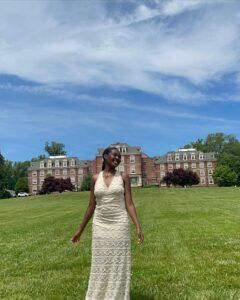 Willingboro, NJ
Willingboro, NJ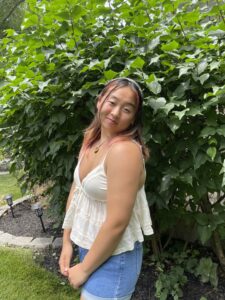 Princeton, NJ
Princeton, NJ
 Newark, NJ
Newark, NJ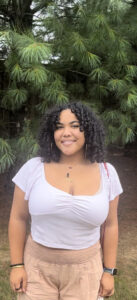 Trenton, NJ
Trenton, NJ Newtown, PA
Newtown, PA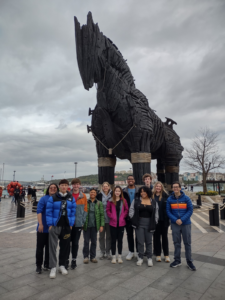
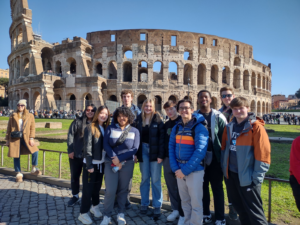
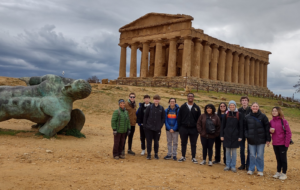
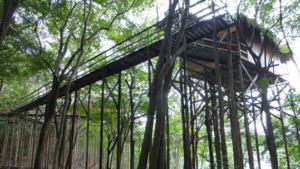
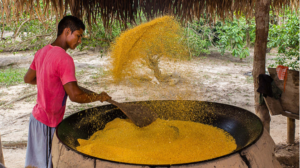

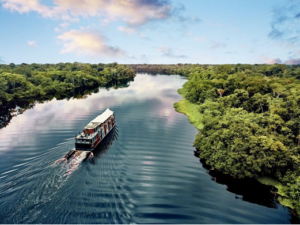
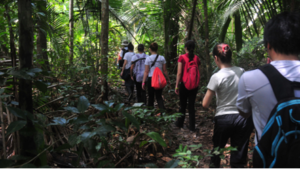
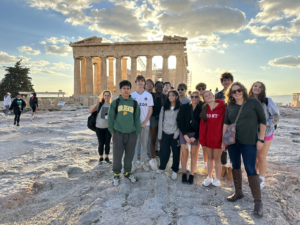
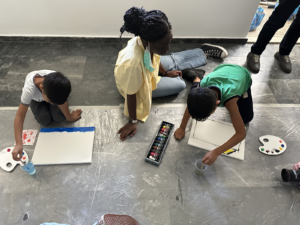
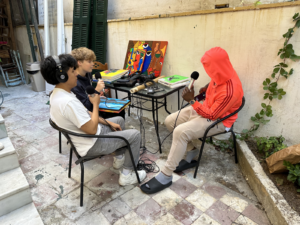
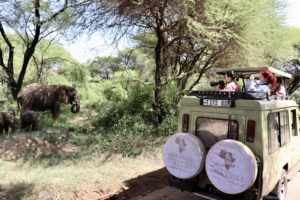
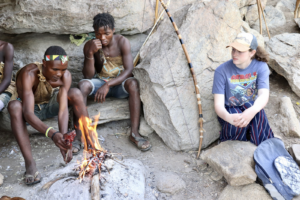
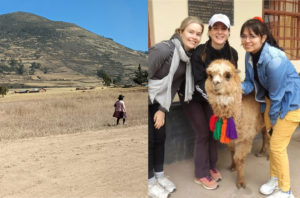
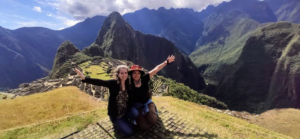
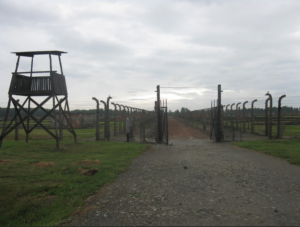
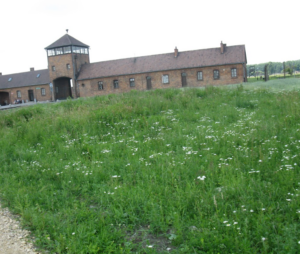
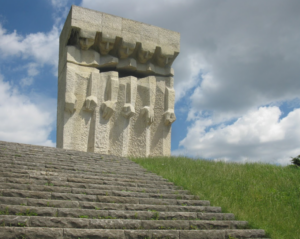
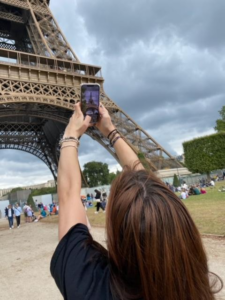
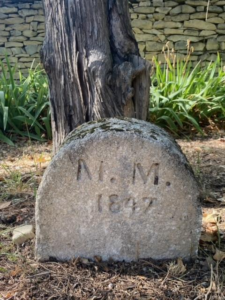
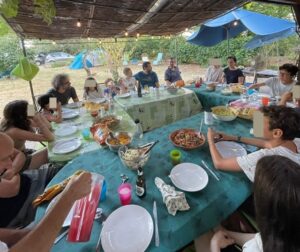
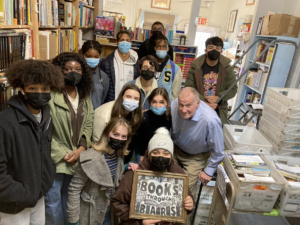
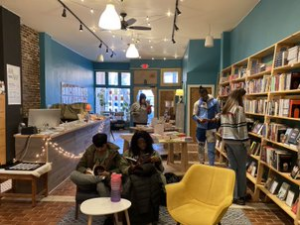
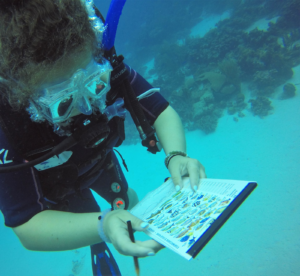
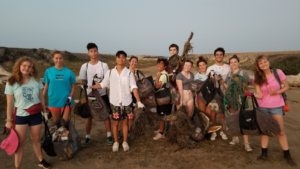
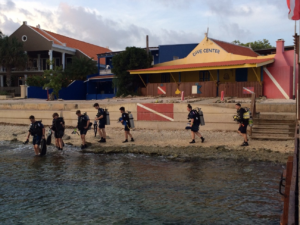
 Lawrence, NJ
Lawrence, NJ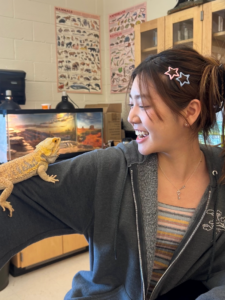 Seoul, South Korea
Seoul, South Korea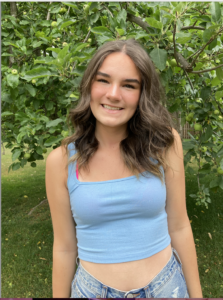
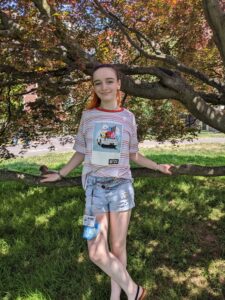 Milwaukee, Wisconsin
Milwaukee, Wisconsin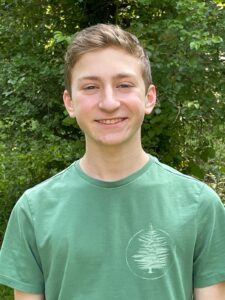 Pennington, NJ
Pennington, NJ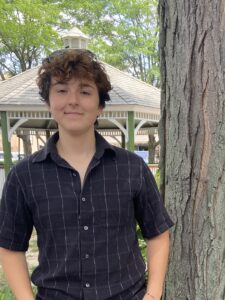 Jenkintown, PA
Jenkintown, PA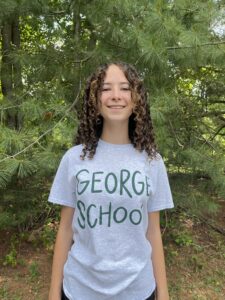 Ottsville, PA
Ottsville, PA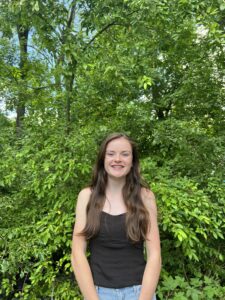 Yardley, PA
Yardley, PA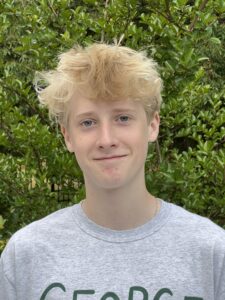 Providenciales, Turks and Caicos Islands
Providenciales, Turks and Caicos Islands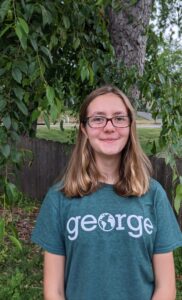 Hopewell, NJ
Hopewell, NJ
 Pottstown, PA
Pottstown, PA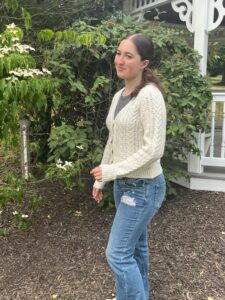 Playa del Carmen, Quintana Roo, México
Playa del Carmen, Quintana Roo, México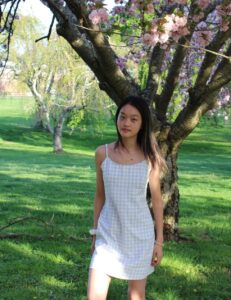 Shanghai, China
Shanghai, China Beijing, China
Beijing, China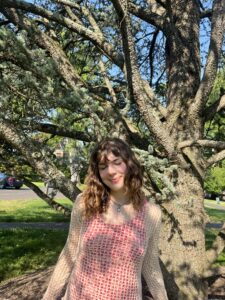 Yardley, PA
Yardley, PA Beijing, China
Beijing, China Holland, PA
Holland, PA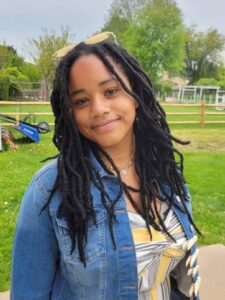 Langhorne, PA
Langhorne, PA Ringoes, NJ
Ringoes, NJ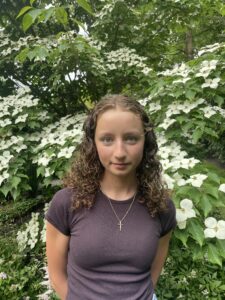 New Hope, PA
New Hope, PA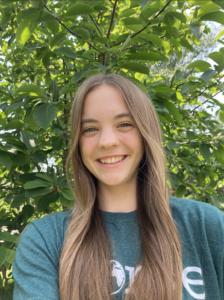 Dreshner, PA
Dreshner, PA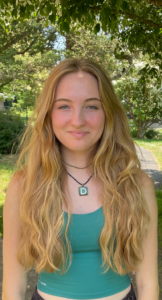 Yardley, PA
Yardley, PA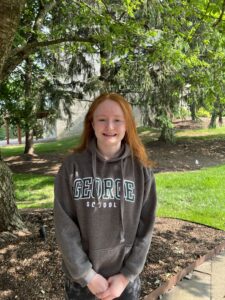 Yardley, PA
Yardley, PA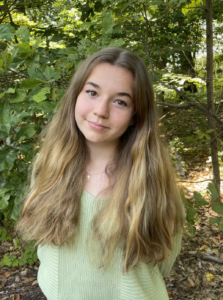 PA
PA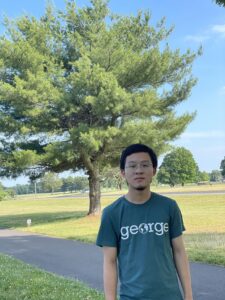

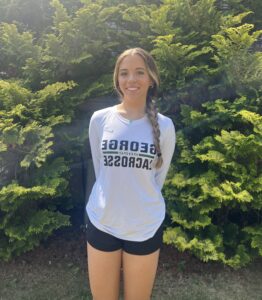
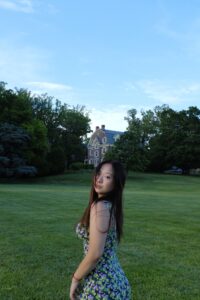 Xi’an, China
Xi’an, China